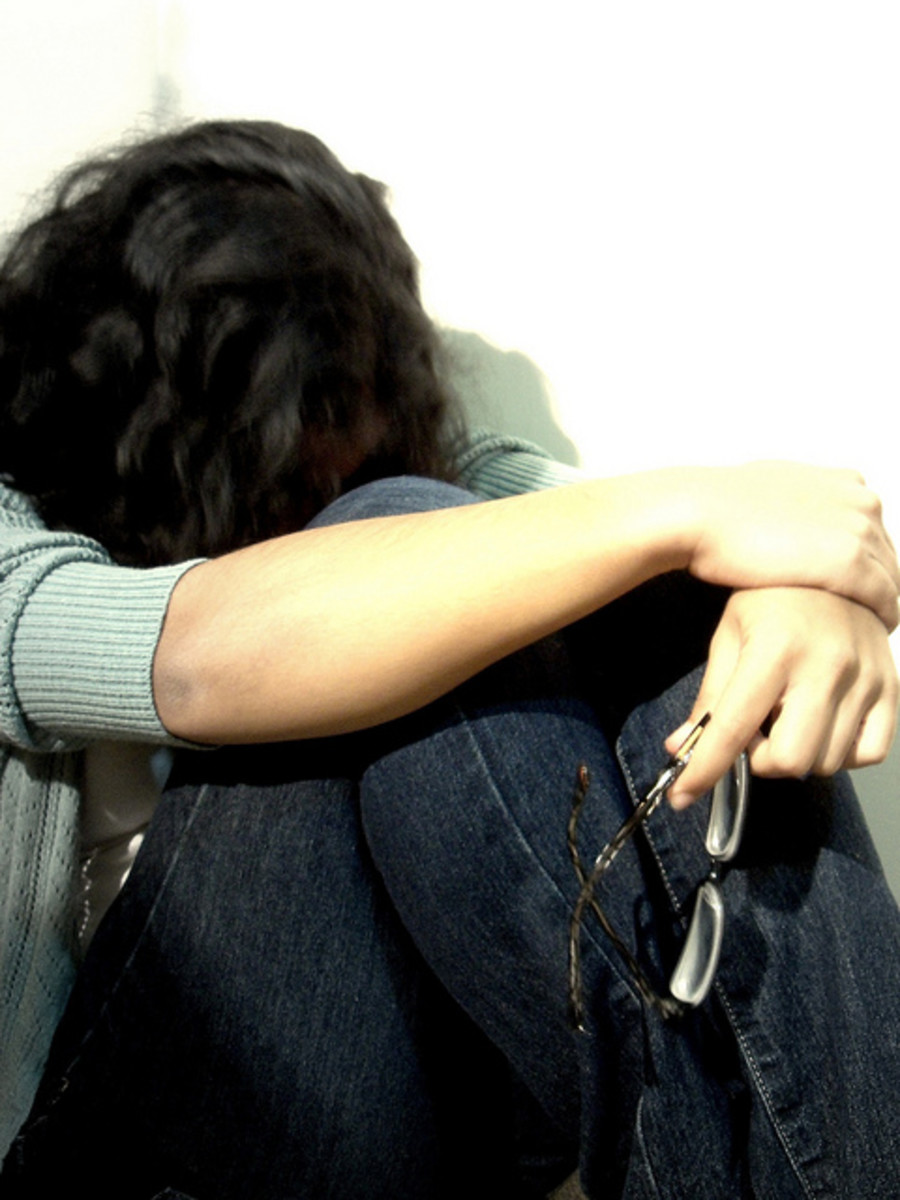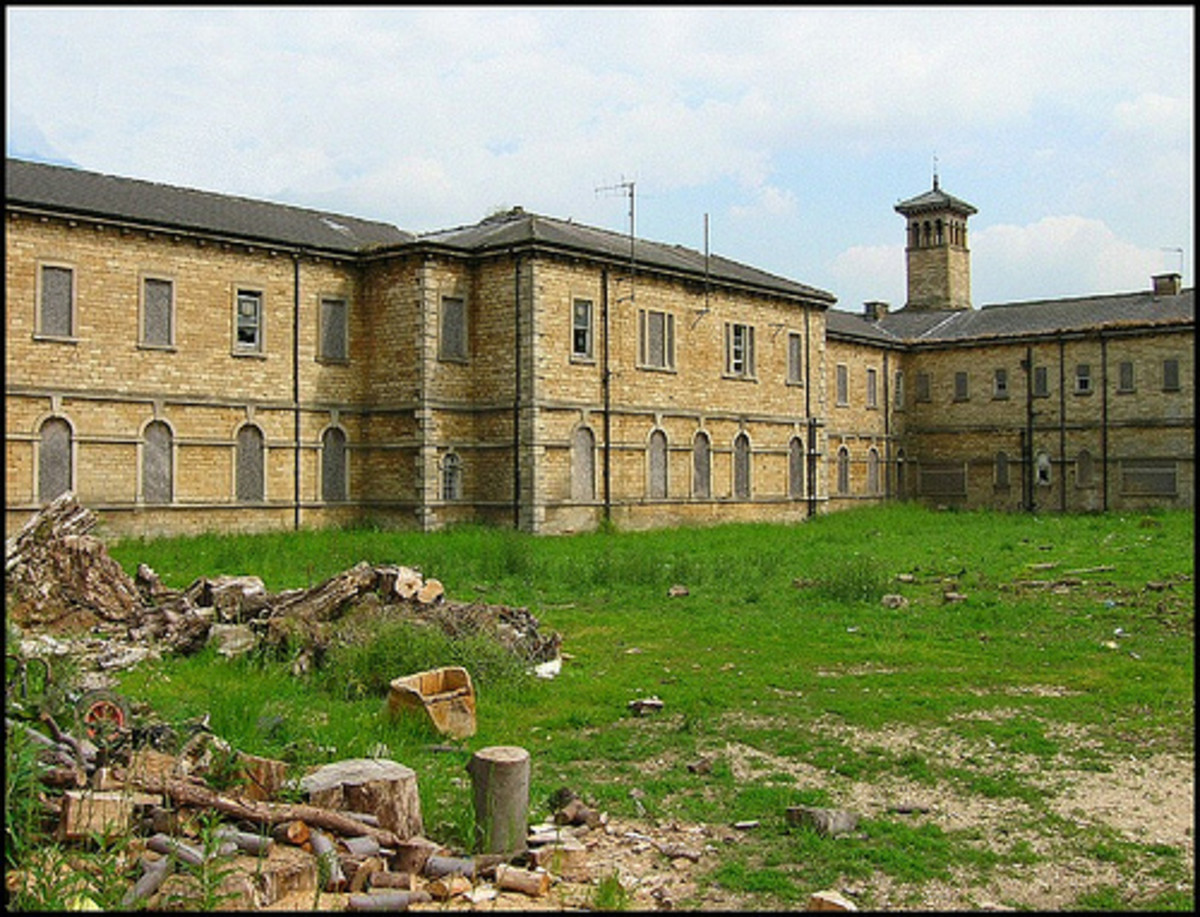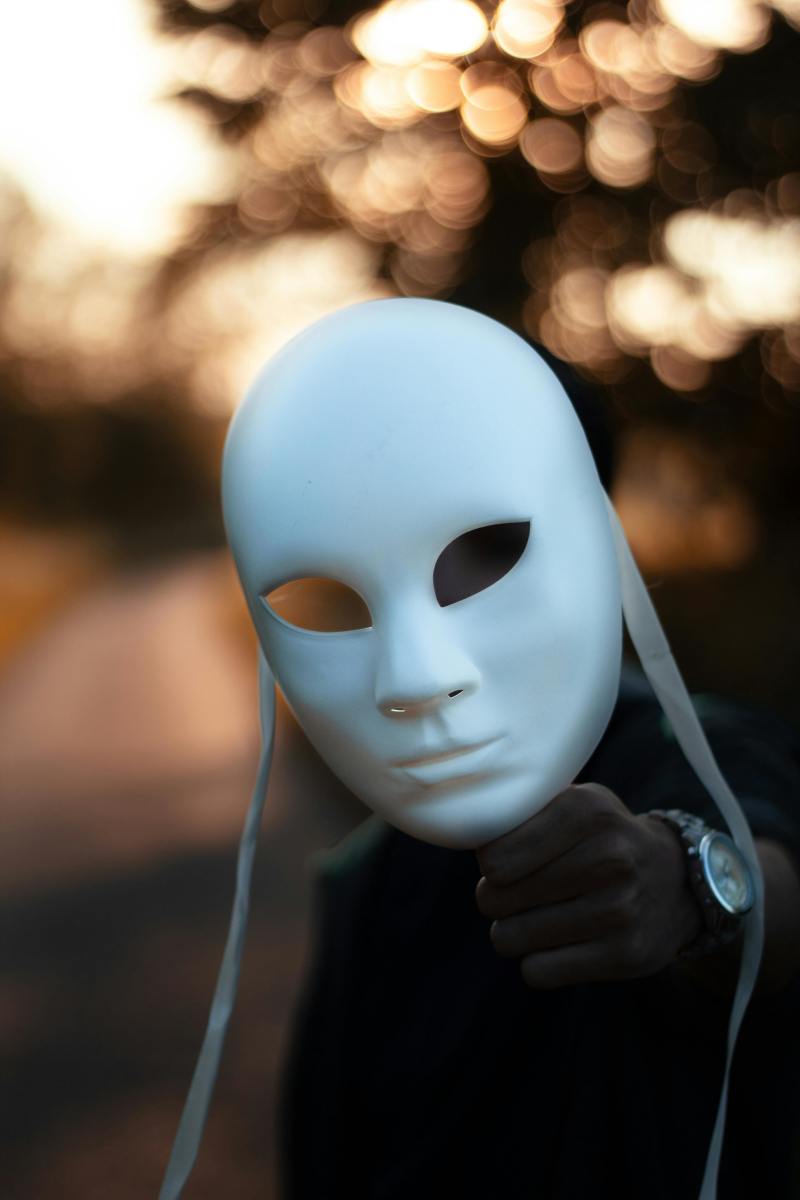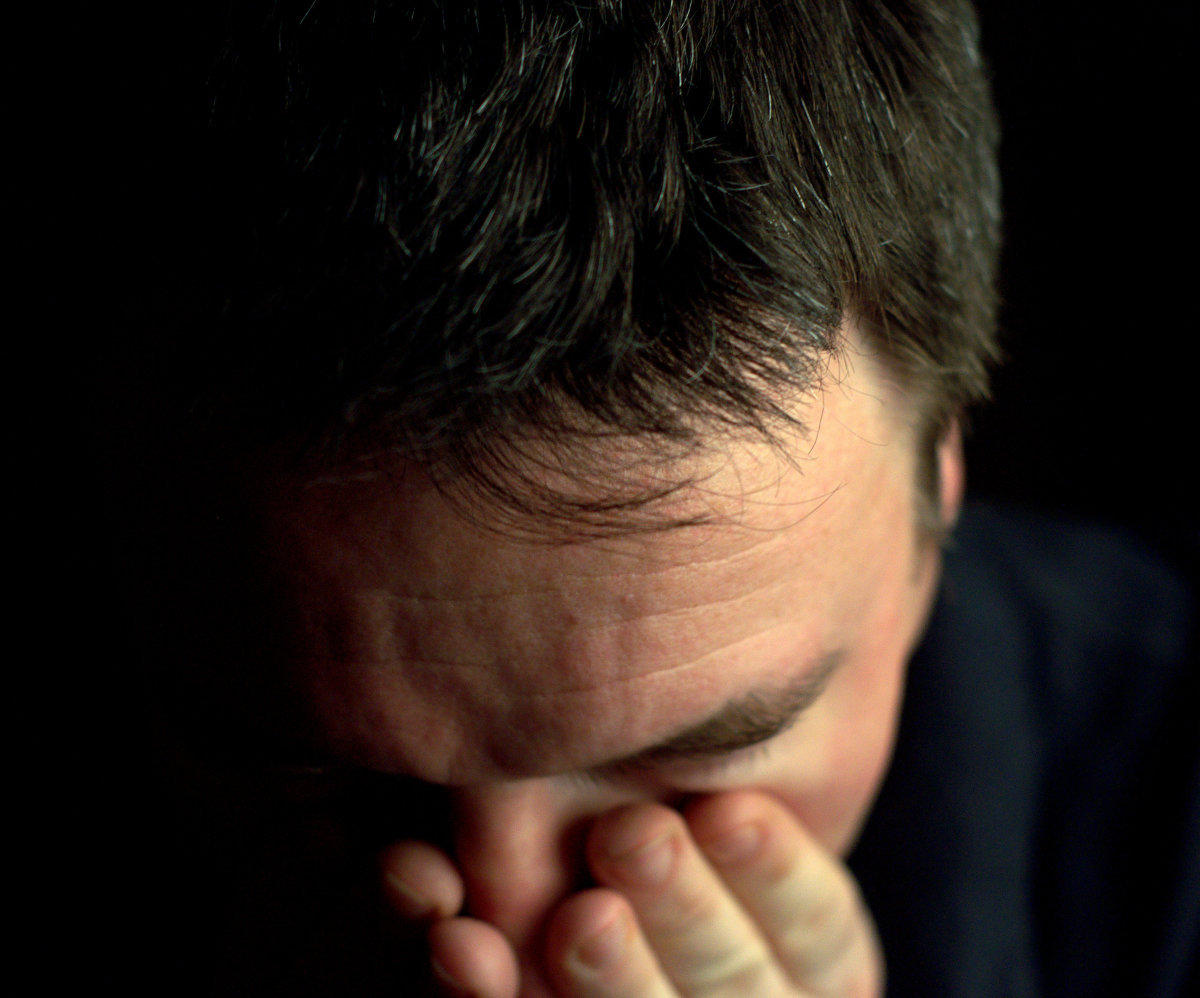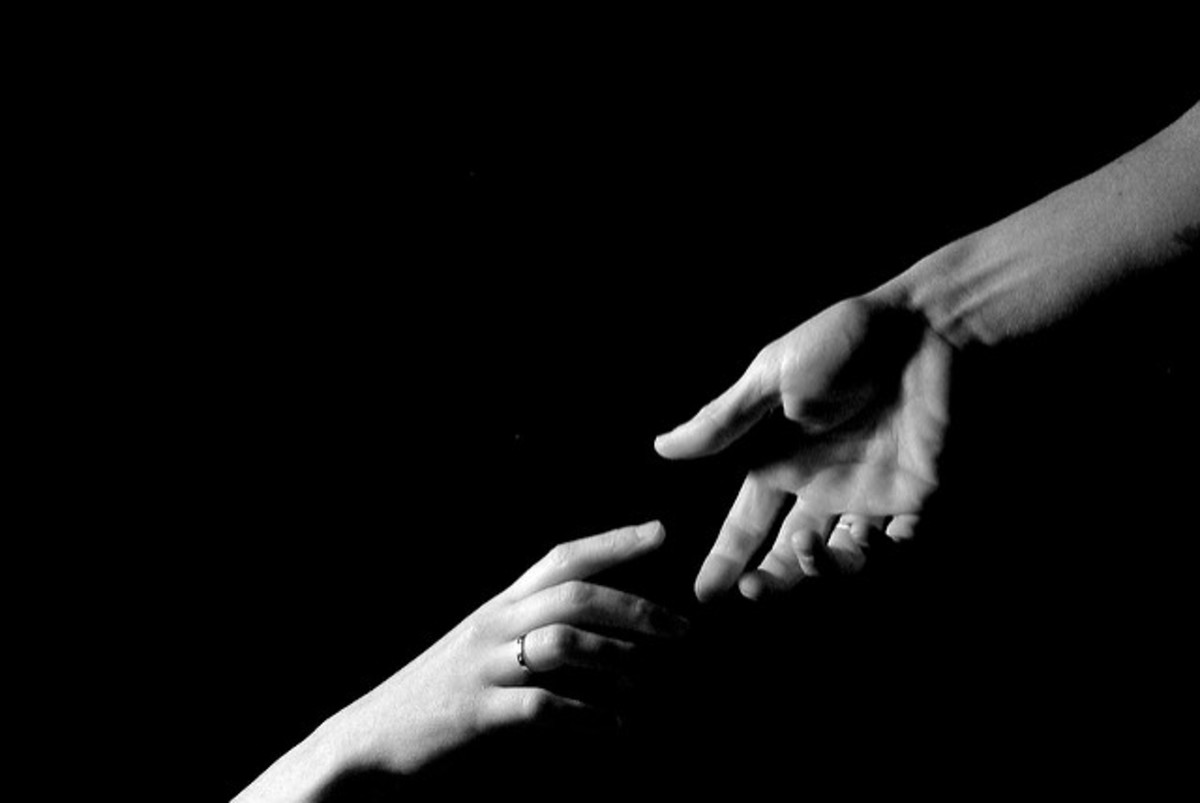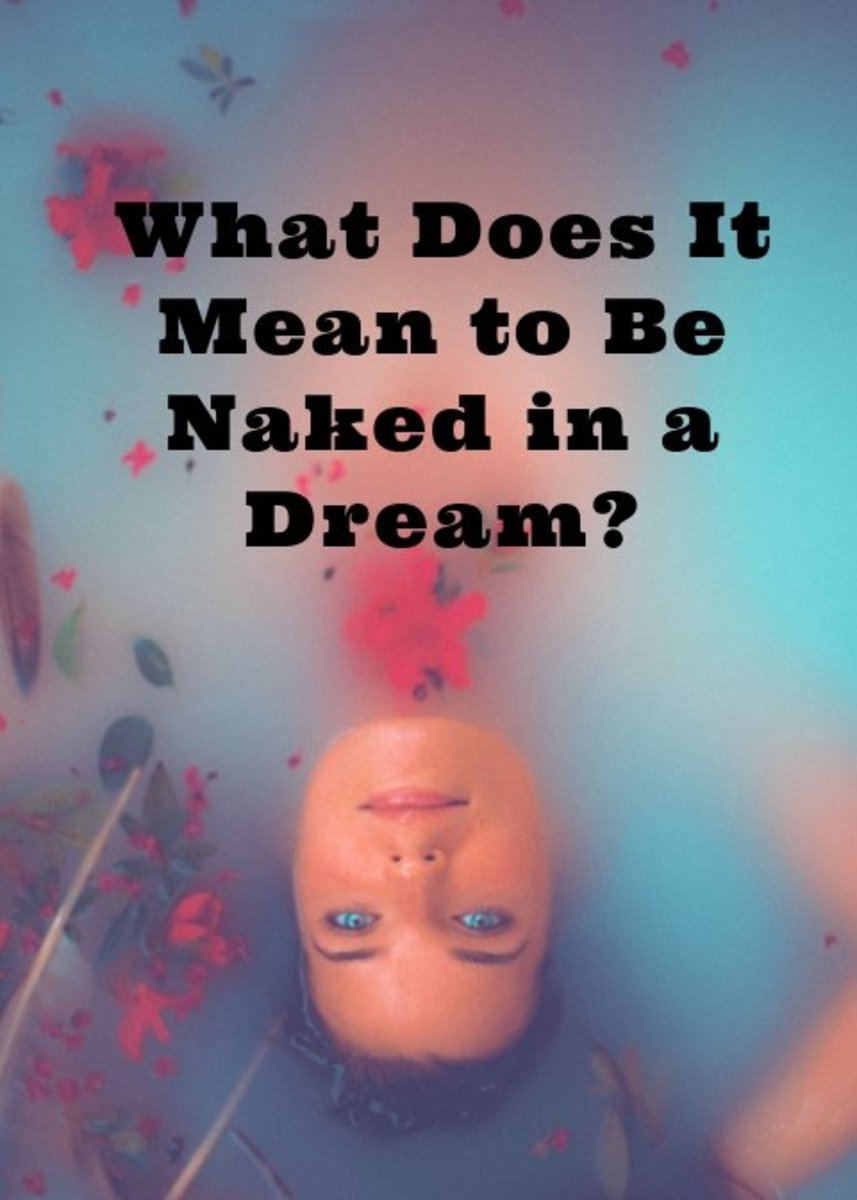How to Have a Happy Mind
Guiding One's Will in Present Time.
Many people today consider going to the doctor at the first sign of depression or mental distress, but positive mental health can be achieved without the use of pharmaceutical substances. The statement, "The will is to the psyche what the heart is to the body," indicates that pursuing self-determined activities contributes to the vitality of the psyche. The heart gives life to the body and the use of volition energizes the mind, soul and personality. What is mental illness, if not a disconnect from one's own will?
Mihaly Scikszentmihly coined the term, "flow psychology" and advocated doing one's "own thing" for a period of time every day. He discovered that engaging in what he called a "flow" (of activity,) contributes to calmness and a peaceful state of mind. Flow involves pursing enjoyable activities to the extent of losing sense of time. He recommended such pursuits as, organizing and/or cleaning, gardening, reading, studying, researching, writing, doing artwork or pursuing hobbies and crafts. It seems that exercising the will in any of these ways (freely chosen,) leads to happiness. It also stands to reason that having an occupation one likes and values contributes to a positive mental outlook and mental health.
Denying ourselves worthwhile goals, meaningful pursuits and interesting activities is the underlying cause of depression and unhealthy states of mind. In the book, The Feminine Mystique, Betty Friedan explains that housewives of the1950s and early 60s thought they would be content tending to their husbands, children and houses with white picket fences. However, they found they were not content even though they "had it all." They had not yet realized (as modern women do realize,) the importance of satisfying more deeply rooted personal desires. The truth is, losing connection to one's will and true sense of purpose can produce devastating consequences. Consider the case of "John" who committed suicide because, according to the psychologists, his partner habitually catered to him. (Incidentally, John's partner was in a better position to be happy since his will, (although misdirected) was active in serving John.) John had lost his sense of purpose and, in so doing, the use of his own will. Surprisingly, in the end, his partner's good intentions literally paved the way to hell by preventing John from working toward his own self-fulfillment.
And strangely enough, the pharmaceutical substances, which are currently prescribed for depression, insomnia, hyperactivity, inability to concentrate and nervousness, actually weaken an individual's connection to his will. Consider wheel-chair bound patients in hospitals, nursing homes and physical rehab centers. They are actually kept in pharmaceutical and psychological limbo. Children in our public schools, line up for their A.M. doses of Ritalin or Adderall, which they are given for the sake of getting good grades. Never mind that they cannot get good R.E.M. sleep and are constantly tired. Prozac is prescribed for stressed out college students and overworked adults. Nevermind that rest and exercise will alleviate depression without the devastating side effects of prescription drugs.
In the rehab center where my mother is recovering from a broken hip, I witnessed halls full of elders in wheelchairs. I observed them looking down at their laps with nothing to do. Some were looking ahead with glazed eyes that revealed no sparkle of life at all. Their hands were idle and their brains were too. Their lips did not smile. Their purposes in life had dwindled to nothing.
I would like to re-awaken these elders by providing them with a variety of stimulating activities. I envision desks, large enough to accommodate wheelchairs, set up as as activity stations. The desks would be constructed of lightweight material and be easy enough for me to carry and set up. (I am imagining collapsable aluminum legs.) I would set up about ten activity stations in areas within the nursing homes or rehab centers. The oldsters could wheel up to any station they choose. Each desk/station would feature a specific activity to motivate these sleepy souls to use their hands and their minds. I would never expect any of the patients to do anything they are not willing to do, but I would encourage and inspire them to try. Allowing the patients to pursue activities at their own discretion and pace in accordance to true interest and intrinsic motivation would wake them up, I am sure... assuming their inner lives are still there to be awakened! I would explain to them how to proceed with the activities and then I would sit back to determine who is interested in doing what. I would serve as a guide, allowing them freedom of choice and movement within the space provided.
Activities for Older Adults Confined to Wheelchairs in Facilities:
Laundry:
1. These activities would stimulate the use of hands and mind: Sorting black and white socks, pairing them, folding them, pinning or rolling them up.
2. Sorting, folding and stacking cloth dinner napkins, handkercheifs, hand towels, dish towels, etc.
3. Sorting, folding, and stacking squares of materials of different types, colors and textures.
4. Folding and stacking T shirts, (The T shirts could be humorous or sports related, etc. (Perhaps the laundry staff in the nursing home could actually utilize the help of the patients to fold and sort laundry... warmer the better.)
Food Preparation:
1.Cutting cheese, vegetables, sausages, steamed carrots, etc with safe plastic knives.
2. Sorting a bowl of mixed nuts (in the shells.)
3. Snapping beans, peeling potatoes or carrots, breaking off broccoli or cauliflower flowerettes for soups and salads, peeling bananas for banana bread, etc.
4. Rolling out dough or modeling clay with rolling pins.
Art:
1. For more high functioning and artistically inclined individuals, stations with paints, paper and paint brushes could be provided for art activities. These individuals could paint with fresh, loose brush strokes and copy colorful pictures (from photos, calendars, or magazines) of flowers or other appealing images of their choice, such as cute animals, cartoons, etc.
2. Creating handmade cards for others.
3. Drawing with pencils or charcoal on paper.
4. Craft-working.
Jewelry Making:
1. Creating hand-made beads with air-hardening clay (found in art stores)
2. Stringing hand-made beads to create gifts for grand-children's birthdays, etc.
3. Stringing large to small beads onto ribbon, shoe laces or fishing line.
4. Sorting large beads by color, size or type .
Gift Wrapping:
1. Gift boxing handmade necklaces, bracelets or other hand made items and wrapping them with wrapping paper, bows and ribbons.
2. Wrapping presents for Christmas and other holidays.
Writing:
1. Writing to friends and family or even each other using stationery and pens.
2. Witty and creative writers can contribute to a collection of clever sayings for cards.
Puzzles and games:
1. Card games
2. Board Games
3. Puzzles
Robert Louis Stevenson's well known quote, "The world is so full of a number of things, I am sure we should all be as happy as kings," surely has great significance when choosing activities to stimulate and activate the Will to Do in seniors, children and ourselves. Ultimately, all people, whatever their age or mental state, can improve their mental faculties by pursuing self-determined activities which enable them to get in touch with their own wills. Each person has his own unique enthusiasm for what life has to offer, whether simple or grand, basic or sophisticated. The key is to allow ourselves to follow inner motivations. It serves, here, to reiterate "The will is to the psyche what the heart is to the body."
Perhaps you too, can implement a mentally stimulating program for yourself and your loved ones and thereby diminish the tide of reliance on pharmaceuticals. (These drugs affect our organs and the natural functioning of our minds. I am certain they have a negative effect on evolution, as well)
Of course, there are many other ways to maintain positivity and good mental health:
*Not drinking, smoking pot, or taking legal or illegal drugs. (I suspect that alcoholism and indulging in substances could lead to dementia.)
*Getting enough sleep. (So important for body, mind and soul.)
*Eating healthfully. (And now we must steer clear of genetically modified foods.)
*Not overfilling the stomach. (This leads to all sorts of troubles, such as arthritis, poor eyesight, diminished energy level.)
*Getting enough exercise. (Hiking and enjoying nature is good for the body, mind and soul.)
*Having social gatherings, such as picnics and barbecues with family and friends.
*Going on outings to the beach, mountains, lakes, and streams as often as possible.
*Learning new things according to interest, especially involving music and art.
*Enjoying recreational activities such as swimming, skiing, rollerblading, soccer, basketball, golf, jogging, frisbee golf and frisbee throwing at the park (go ahead and do cartwheels and somersaults too,) bicycle riding. (Please ride single file and, when you're on your bike at night, wear white.)
*Listening to music
*Viewing paintings at art museums.
*Enjoying the company of children and pets.
*Meditating near large bodies of water, such as oceans and lakes.
*Contemplating sunsets, starry nights, and sunrises.
*Feeling God's love for you.

